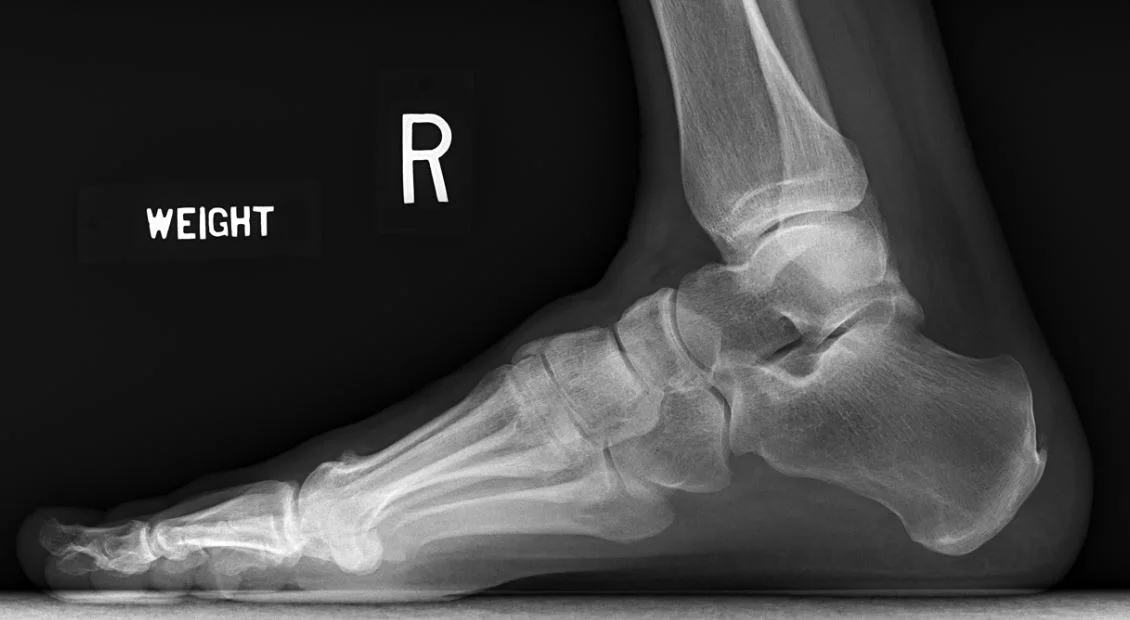A Gut-Joint Connection?
Did you know the amount of microorganisms we carry around in our guts alone weighs about three pounds? The gut is not the only place these little guys hang out; we have them on our skin, in our lungs, in our mouths . . . pretty much everywhere! Can we manipulate these microorganisms through diet or supplements to enhance health? To answer this and many other questions, the National Institute of Health created the Human Microbiome Project (HMP) in 2007. The European counterpart is called Metagenomics of the Human Intestinal Tract. Currently the projects are attempting to gain insight into the microbiome (the microorganisms, or microbiota, plus their genetic components make up the microbiome) connection with psoriasis, Crohn's Disease, ulcerative colitis, acne, cancer, and other diseases.
Needless to say, this is a hot topic of research in autoimmune diseases as well. We know that not everyone with the genetic predisposition for an autoimmune disease will actually develop it. This is why one identical twin may have lupus, but the other is healthy. We believe there needs to be the right recipe for the disease to be expressed; the right genes need to interact with the right environmental factors. For example, we now know that smoking can "turn on" the genes in a susceptible person leading to the development of rheumatoid arthritis. Another potential link that has not been solidified as strongly is that between periodontal disease (gingivitis) and rheumatoid arthritis. Dr. Gregg Silverman's lab at the New York University has been working on the microbiome's role in lupus.
While we are far from being able to pin down who will develop which diseases based on gut bacteria, there have been studies identifying certain bacteria that are more common in patients with rheumatoid arthritis and other autoimmune diseases. It's hard to draw concrete conclusions from these studies yet, because they show a correlation but not which came first. In other words, did the subjects develop rheumatoid arthritis because they carried these bacteria, or did they begin to harbor these bacteria because they have rheumatoid arthritis; a small but critical distinction.
What we do know, is the diversity of our microorganisms acts as a buffer for our own health and loss of a robust microbiome can lead to disease states. Interested in how your microbiome is doing? For a donation of $99 toward research, a company called American Gut will collect a stool sample and provide an analysis of your personal gut microbiome. Your sample will also help with current research of human microbe diversity. The problem with analyzing just one stool sample is it provides a snap shot in time of what the microbiota pattern is now. This changes however, with exposure to different foods, medications, antibiotics, etc.
While we do know that diet can shift our microorganism profile, we are still gathering data to determine who needs to eat which foods and when to gain the greatest benefit from their microbiome. Many of my patients are interested in a nutritional adjunct to medications for their autoimmune diseases and while I am optimistic that in the future I can confidently analyze their microbiomes and give individualized advice (or a fecal transplant), for now I stick to a few principals:
- Vary your veggies. A healthy microbiome is a diverse microbiome, so try to branch out from the salad bar when getting the recommended vegetable servings for the day. Try sweet potatoes, Swiss chard, Brussels sprouts, black eyed peas and bok choy.
- Eat the rainbow. Taking in a rainbow of fruits and vegetables will not only help with a robust microbiome, it will also ensure consumption of a variety of vitamins and minerals.
- Keep a record. Some patients are convinced that certain foods make their disease flare. When they eliminate the food, they feel better. It may not work for everyone, but some people have had great personal results from their insights.
- Skip the supplements. The FDA does not regulate probiotics or dietary supplements. There are those who have had positive results by adding a supplement, which is fantastic, but for now I wouldn't recommend a specific supplement or probiotic for any autoimmune disease.
- Consider sowing your own seeds. Gardening provides great low impact exercise, fresh fruits and veggies without a trip to the store, and the opportunity to get up close and personal with a whole host of bacteria.



